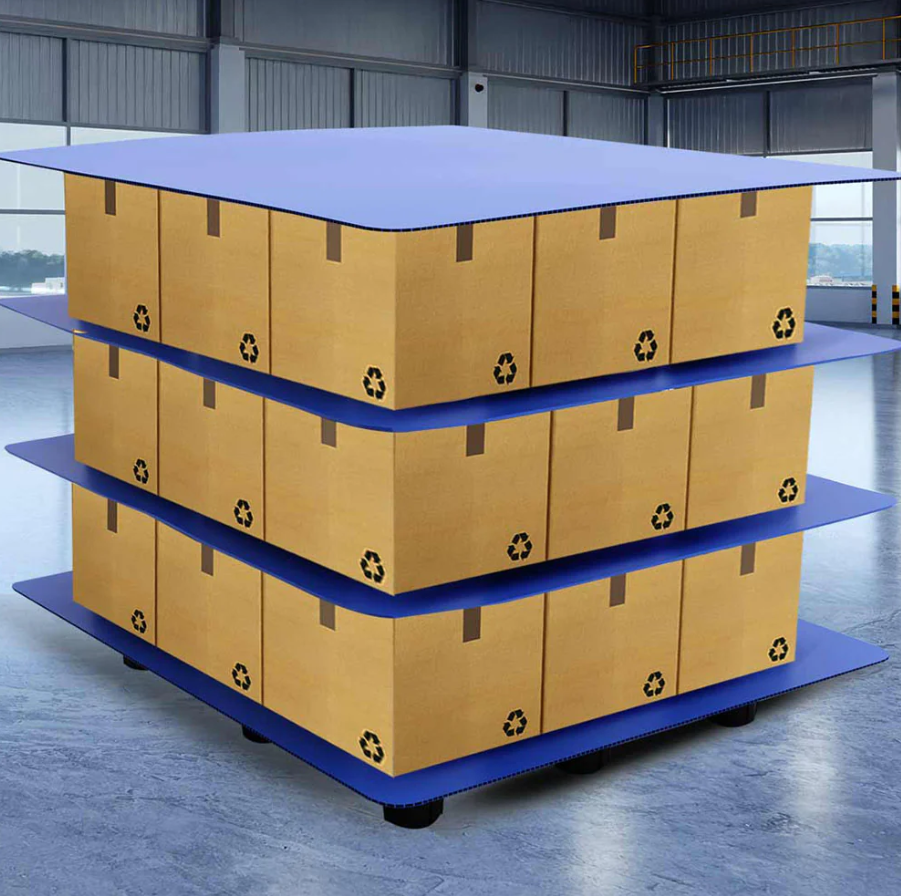
In recent years, the global beauty industry has seen a surge in indie brands, clean beauty movements, and purpose-driven cosmetic lines. Whether you're launching a minimalist skincare line, a luxurious makeup range, or an organic personal care collection, there's one step that will shape your entire journey: choosing the right cosmetic manufacturer.
But before you sign a deal or place your first order, there’s a lot to unpack.
This guide takes a thoughtful, practical look at the key factors to consider when working with a cosmetic manufacturer. It’s not a promotional pitch — it’s the real talk that aspiring founders need to navigate the production side of the beauty business.
The Rise of Outsourced Manufacturing in Beauty
Let’s start with a broader industry trend. Not every beauty brand owns a lab or production facility — in fact, the vast majority don’t. Instead, they work with contract or private label manufacturers who offer formulation, packaging, compliance, and even logistics.
Outsourced manufacturing gives founders the freedom to focus on branding, marketing, and distribution, while experts handle production.
But with hundreds of manufacturers across India, Europe, Korea, and the U.S., it’s not as easy as “pick and go.”
1. Understanding the Different Types of Cosmetic Manufacturers
Before you shortlist any partner, understand what kind of manufacturer you actually need. There are a few different models:
a. Private Label Manufacturers
These manufacturers offer ready-to-market products. You can pick from pre-formulated options (e.g., aloe vera face cream, niacinamide serum, etc.) and customize the label and packaging. It’s fast, cost-effective, and ideal for entrepreneurs testing a concept.
b. Custom Formulation Manufacturers
These offer end-to-end services, including formulation development. You can create a unique product from scratch — perfect for niche concepts or brands looking for IP ownership. This path takes longer and costs more, but it's ideal for long-term differentiation.
c. Contract Manufacturers
Often used interchangeably with private label companies, contract manufacturers typically offer bulk production and may also provide custom development. They tend to work with businesses that have a formula ready or want to scale.
d. OEM / ODM Providers
OEM (Original Equipment Manufacturer) and ODM (Original Design Manufacturer) terms are more common in Asian countries. OEM refers to producing based on your design, while ODM covers both design and manufacturing.
2. Evaluating Product Quality: More Than Just a Sample
When choosing a cosmetic manufacturer, it’s tempting to judge quality based on samples alone. While samples matter, here’s what else you should look into:
Ingredient sourcing – Are ingredients ethically sourced? Are they certified (e.g., ECOCERT, COSMOS)?
Manufacturing practices – Is the facility GMP-certified? Are they compliant with ISO standards?
Allergen testing – Has the formula been dermatologically tested?
Stability tests – Will the product maintain efficacy and safety over time?
Preservation systems – Are they using parabens, phenoxyethanol, or natural preservatives?
These questions help you protect your brand’s integrity and align with customer expectations.
3. Minimum Order Quantities (MOQs) Can Make or Break Your Budget
A lesser-known but critical detail: MOQs.
Some manufacturers won’t start production for anything less than 5,000 units. Others work with 500-unit batches. Lower MOQs give startups flexibility, while higher MOQs typically offer better pricing per unit.
Negotiate smart — sometimes you can combine several SKUs to meet the MOQ. Always ask what’s negotiable.
4. Packaging & Labeling: The Overlooked Cost Center
Packaging can eat up 30–60% of your per-unit cost, depending on your design choices. Many cosmetic manufacturers offer turnkey packaging solutions, while others may require you to provide packaging material separately.
Key considerations:
Is packaging sustainable or recyclable?
Does it match the aesthetic and functionality your target market expects?
Are labels printed in-house or outsourced?
Some brands underestimate timelines for packaging design, sourcing, and print — always buffer an extra few weeks in your launch calendar.
5. Regulatory Compliance: Because You Can’t Afford a Recall
Beauty products fall under strict compliance requirements. In India, products must comply with BIS guidelines. In the U.S., the FDA governs labeling, while the EU follows the Cosmetics Regulation (EC) No. 1223/2009.
A good cosmetic manufacturer will help ensure:
Correct labeling and claims (e.g., “dermatologist-tested” or “non-comedogenic”)
INCI ingredient listing
Safety data sheets (SDS)
Product information file (PIF) if you're exporting
If you’re targeting global markets, confirm that your manufacturer has export-compliant formulations and documentation.
6. Transparency and Communication Are Deal-Breakers
It’s not just about capabilities — it’s also about working style.
A manufacturer who delays responses, avoids clear estimates, or won’t give you direct access to their chemists is a red flag.
Make sure they provide:
A dedicated point of contact
Clear communication on lead times, testing windows, and batch status
Updates on regulatory or raw material changes
Partnerships in manufacturing are long-term. Mutual trust and open lines of communication are everything.
7. Ethical Practices: What Kind of Brand Are You Building?
Today’s consumers want transparency. They care whether your products are vegan, cruelty-free, ethically sourced, or plastic-neutral. Even if your customers don’t ask, certifications build brand trust.
Look for manufacturers who align with:
Cruelty-free policies
Vegan certifications
Sustainable ingredient sourcing
Fair labor practices
These aren’t just “nice-to-haves” anymore — they’re often non-negotiables in conscious beauty branding.
8. Scaling Support: From 500 Units to 50,000
Your first batch might be small, but what happens if demand explodes? Can your cosmetic manufacturer keep up?
Ask about:
Lead time for scaling production
Capacity to expand into new categories (e.g., hair care, baby care, etc.)
Storage or warehouse options
Third-party logistics (3PL) integration, if needed
Having scalability built into the plan saves you the pain of switching manufacturers down the road.
9. Costing Structure: It’s Not Just the Formula
You’ll typically pay for:
Formulation or R&D (if custom)
Packaging (bottles, jars, labels)
Bulk ingredients
Manufacturing labor
Testing (stability, microbial)
Certifications (if any)
Shipping & handling
Request a breakdown — transparency helps with pricing your product correctly and forecasting margins.
Final Thoughts: Choose Strategically, Not Just Logistically
Working with the right cosmetic manufacturer isn’t just about production — it’s about brand identity, customer trust, and long-term growth.
The best manufacturing partnerships are grounded in mutual transparency, ethical alignment, and shared vision. So whether you’re crafting a minimalist skincare range or a full-service wellness brand, choose a manufacturer that’s not just a supplier, but a partner.
Because behind every successful beauty brand… is a lab that got it right.




















Write a comment ...